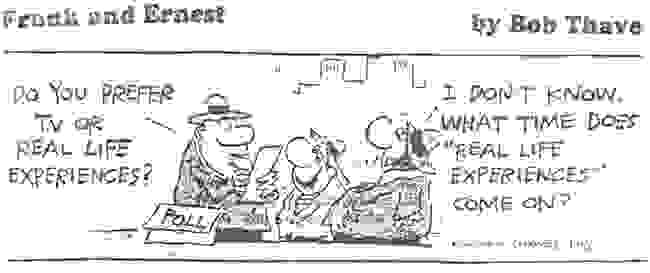
20 September 2013
Experiential Learning
Experiential learning wasn’t a concept I had really understood until a few months ago. My wife and I were in search of a better education experience for our son, because we were frustrated with the choices available. During our search something interesting happened. A new school opened in the city we live in called The Experiential Academy. Certainly the name itself was intriguing, but it wasn’t until I dug into this concept that I realized I had stumbled upon something very special.
Experiential learning is simply the process of making meaning from direct experience. David Klob, an educational theorist and Professor of Organizational Behavior at the Weatherhead School of Management, developed the Experiential Learning Model (ELM) in the early 1970s. His theory broke down the experiential learning process into four elements:
- Concrete experience
- Observation of and reflection on that experience
- Formation of abstract concepts based upon the reflection
- Testing the new concepts
This style of learning immediately peaked my interest because I realized it gets straight to the heart of the primary measure of success we use at Gaslight which is value delivered to the client. We’re constantly learning through exploration, not only with our clients, but on our own with personal projects. Each week we meet as a team over lunch for an event we call “Thunder Thursday” where we share our new experiences in a lightning talk format. It encourages people to test new concepts, observe and reflect, and form concrete experience. It’s experiences like these that drive the innovation required to deliver maximum value to our clients. In the same way, the primary measure of success in experiential learning in the school setting is value delivered to the student.
In traditional education, students are taught through lecture and repetition. In experiential learning, teachers are no longer lecturers. They fill the role of facilitators, and students are no longer traditional students, they’re explorers. I view traditional education in the same light as “traditional” software development, a heavy weighted process that only produces anecdotal evidence to value delivered. What makes experiential learning so value based is the very real results produced from practice, experiences, opportunities to interact with others, and time to reflect on the process. This seems to capture the essence of discovery for agile project teams.
After meeting with the staff of this new school, I walked away completely inspired by their desire to break the traditional mold of education by teaching through hands-on learning through life-enriching activities, field trips, and adventures to present subject content in a relatable and engaging way. As their website states, “Experiential education is an education for life.” They’re certainly inspiring children to learn, build, and share great things in their community.
I left that meeting thinking, if Gaslight were a primary school, this would be it. Our clients engage with us as partners because of our ability to experientially drive value to their businesses and across their teams. We’re working each day to do things a better way because we have the freedom to learn better ways through experience. Learning about the effects of land erosion in a classroom pails to the experience of actually seeing it in action. We learn by doing everyday.
My hope for this school is that it plays a part in changing the paradigm of our educational system. In the same way, we want to help business leaders that are interested in gaining a competitive advantage by showing better ways of doing things through experience.
